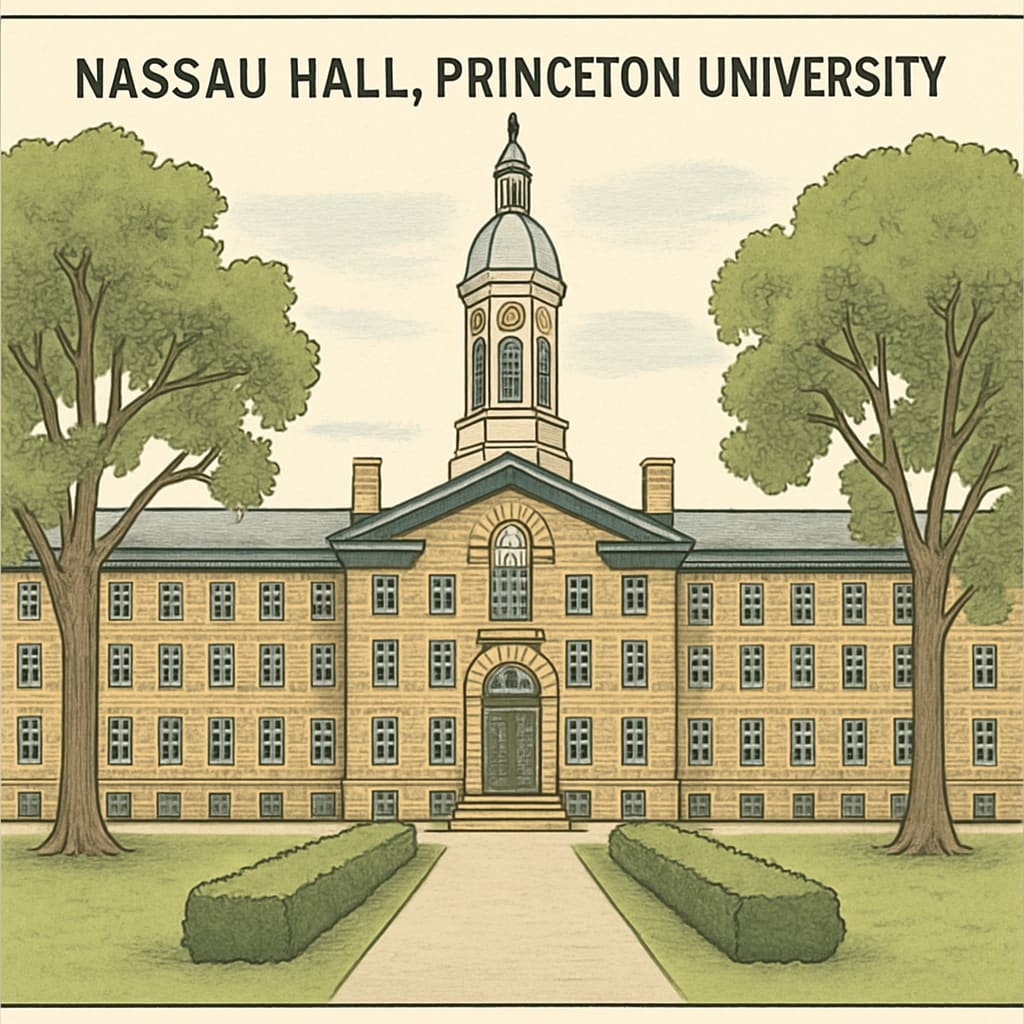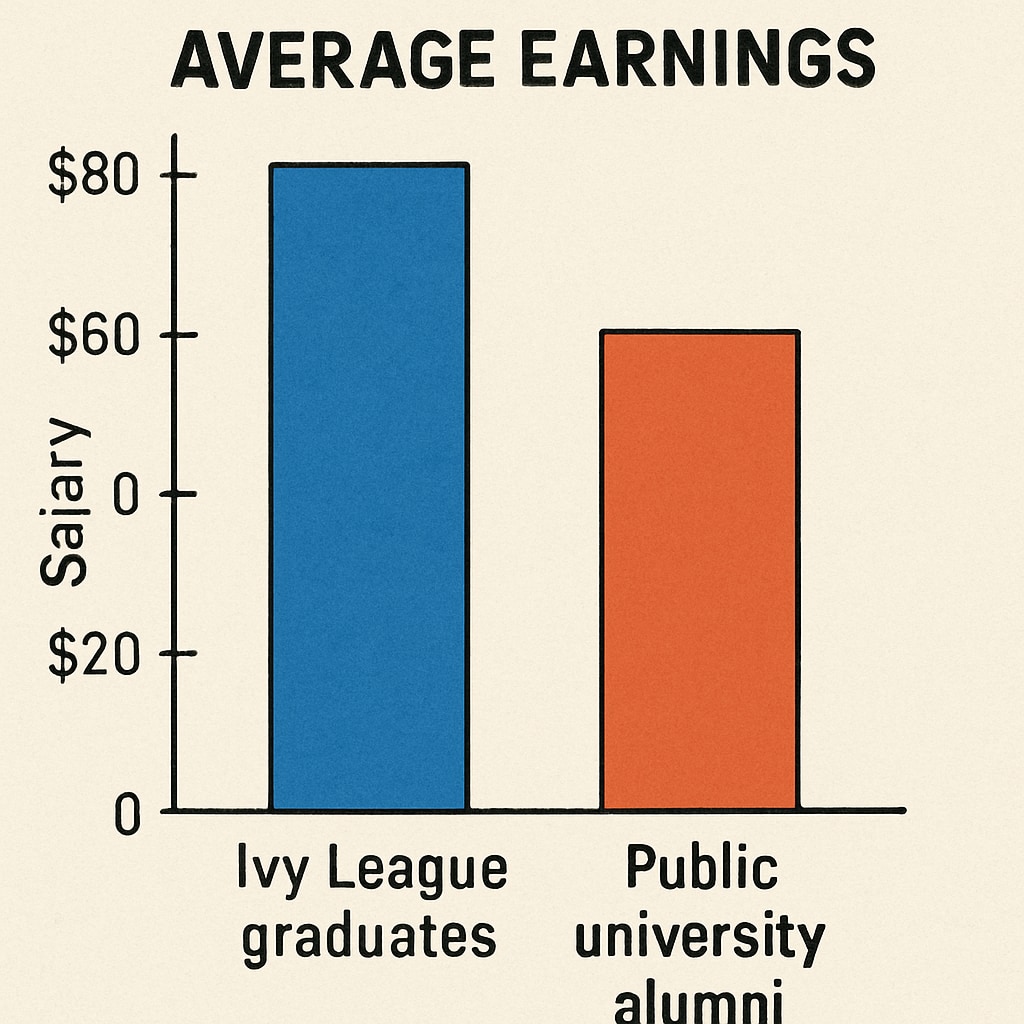The reputation of Princeton and other Ivy League schools has long been a symbol of academic excellence and social prestige. However, are these institutions truly deserving of their glorified status, or are we overrating their actual value? By examining their admissions processes, educational costs, and the returns on investment for students, we can begin to question whether the societal obsession with Ivy League schools is justified.

What Makes Ivy League Schools So Revered?
For decades, Ivy League schools like Princeton, Harvard, and Yale have been synonymous with success. Their exclusivity, coupled with high rankings, fuels the perception that they are the ultimate gateways to wealth and influence. But this reverence often overlooks important factors such as diversity in educational opportunities and the actual benefits students receive.
One reason for their appeal lies in their rigorous admissions processes. These schools boast acceptance rates of less than 10%, creating an aura of unattainable excellence. However, critics argue that this selectivity prioritizes privilege over merit. For example, legacy admissions—which favor applicants with family ties to the institution—disproportionately benefit wealthy students, reinforcing existing inequalities rather than promoting true academic achievement.
Is the Cost of Ivy League Education Justifiable?
The financial burden of attending an Ivy League school is staggering. With annual tuition costs exceeding $60,000 at many of these institutions, families often sacrifice significant resources to secure their child’s place. While scholarships and financial aid programs exist, they rarely cover the full expense, leaving many graduates saddled with substantial debt.
In return, these schools claim to offer unparalleled networking opportunities and career advancement. But is this promise universally fulfilled? Recent studies suggest that the earning potential of Ivy League graduates does not significantly outpace that of students from top public universities. For instance, Britannica highlights how state schools have increasingly rivaled Ivy League institutions in producing influential leaders across industries.

Reevaluating the True Value of Education
Beyond financial outcomes, the broader question lies in the educational experience itself. Are students at Ivy League schools receiving a higher quality education compared to their peers elsewhere? Critics argue that the emphasis on prestige often overshadows the importance of practical skill development and personal growth. In addition, the homogeneous culture at many of these institutions may limit exposure to diverse perspectives, which is crucial for thriving in a globalized world.
It is also worth considering whether the societal focus on elite colleges distorts our priorities in K12 education. Parents often funnel resources into preparing their children for Ivy League admissions rather than fostering creativity, curiosity, and critical thinking—the true hallmarks of lifelong learning.
Conclusion: A Call for Change
While Princeton and other Ivy League schools undeniably hold historical significance and academic excellence, the question remains: are we overrating their value? By reevaluating our educational goals, we can shift the focus from superficial prestige to meaningful personal and professional development. As a result, students may find success not solely in the name of their alma mater but in the skills and values they cultivate along the way.
Readability guidance: This article employs concise paragraphs and uses lists where applicable. Overarching themes focus on challenging assumptions and encouraging critical thinking about higher education.


